CAS ETH:
Beyond systems thinking
Certificate of Advanced Studies ETH in
Designing Resilient Regenerative Systems (CAS ETH DRRS)
About CAS#2 Beyond Systems Thinking
Deep-dive into complexity
Field design trip to emerging Living Systems Labs
This CAS is the second out of a series of three CAS, leading to the MAS Master of Advanced Studies ETH in Regenerative Systems. The CAS’ build upon each other but can be taken in isolation and in different order. Each CAS’ theoretical and language base is the respective MOOC#1-3.
In this CAS, we deep-dive into complexity and develop a critical understanding of systems. We learn what systems thinking entails, and how it can become a helpful habit. For example, the view from above contains techniques to deal with complexity, to zoom out of a system to zoom in on what matters most.
Living systems, non-linearity, emergence, interbeing – we gain compelling insights from various experts and relate the learning to real-world social-ecological challenges. The field design trip will take us to exciting real-world practice, and through physical embodiment we connect with place and our inner self.
We learn basics of social network analysis and how to measure and interpret structures in networks, to apply such for transformative resilience.
Inner resilience and development are part of our joint learning journey: how to enact uncertainty?
We acquire an applicable toolset such as through an extended look into circularity, from a circular economy to five types of circular flows. We learn about systemic intervention and innovation, how to nudge complex systems to transform, and with what “tools” this may be possible.
Application period: 15.12.2025- 15.03.2026*
Course dates: 1 May 2026 – 30 Sep 2026
Duration: 5 months part-time, with virtual teaching and a final CAS deliverable at the end of September. Individual summer vacation weeks can be combined with the flexible program schedule.
Credit points: 12 ECTS
Format: Hybrid – virtual and flexible online (live) conversations, peer and community learning, place-based physical QUEST engagement, and one field design trip to Norway (physical and mandatory).
Preconditions: DRRS MOOC#1 has to be done before the program starts. MOOC#2 has to be started with the application submission and finished by the end of March 2025.
Field design trip:
June 2026, considered locations: Venice Lagoon, Italy and/or Norway
The exact dates and locations to be announced
Tuition language: English
Program fee: CHF 8,230 (excl. own cost-share of the field design trip)
Further costs: Travel to/from Oslo/Norway for the design field trip and 50% of local expenses for food/accommodation to be covered individually. The majority of expenses is covered by the program.
Why taking this course?
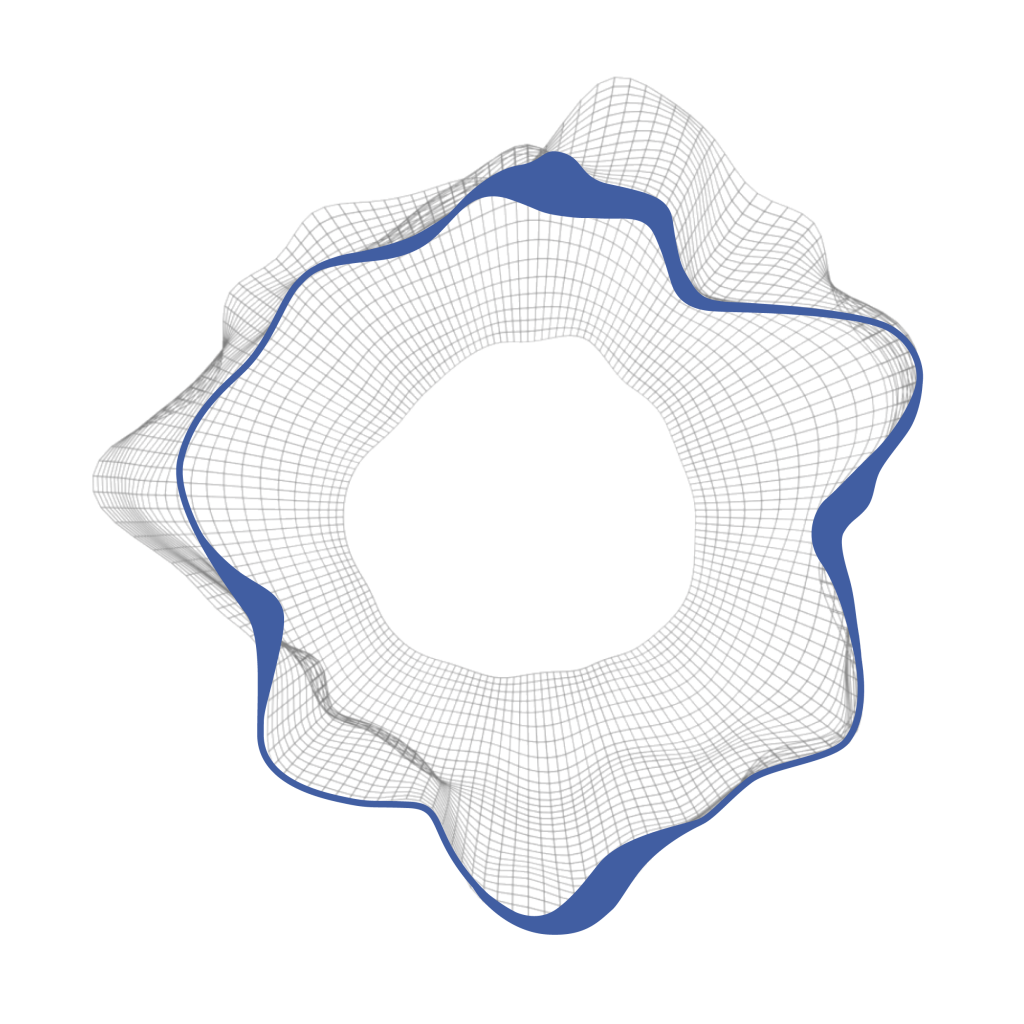
How to engineer living systems? How to enact non-linearity? How to build organic emergence and find inner ways to befriend uncertainty? What can systems thinking teach me to lead transformative innovation? How can I interpret social network structures to build community resilience, and to tap into windows of opportunities? What has social circularity to do with regeneration? How does post-activism interplay with serious games in living systems labs?
Knowledge systems evolve quickly. What we were taught once may not be the state of knowledge today. The idea of science is that we know more tomorrow than we do today. There exist other types of knowing we may have had no access to. Artificial intelligence is revolutionizing knowledge distribution.
We need to learn to unlearn, to be able to relearn. It is a process of personal growth. This opening and cross-wiring is supporting you on your personal QUEST – your interest, motivation and mission to be part of a network of creative weavers for bio-regional regeneration in complex systems.
Dive with us into the fascination and applicable skillsets beyond systems thinking.
A hybrid course setup as entry to DRRS
This CAS with its introducing MOOC is a hybrid program that you can study virtually from wherever you live, in a pace that you can combine with your professional and private life. The distinctive physical, in-person component adds the real-world facets with all their unmatched qualities to the flexible virtual part, and makes it hybrid.
The CAS rhythm
This is the second CAS counting towards the MAS (Master of Advanced Studies) ETH in Regenerative Systems.
To qualify for being accepted to this CAS, you must have finished MOOC#1 at the time of the submitted application and have at least started MOOC#2, in addition to the general requirements of the ETH School for Continuing Education.
Corresponding with MOOC#2, this CAS is organized in six thematic modules plus a seventh synthesis module. Each of these six CAS modules takes two weeks and is accompanied by your individual QUEST learning project.
After the first month of virtual live conversations, the course takes a field design trip to three emerging Living Systems Labs across Norway. This trip is mandatory to take in person.
After this field trip, the six modules organized in two weeks each include virtual live conversations with DRRS instructors and further guest speakers, in-depth virtual discussions, individual Quest coaching with external experts, and peer learning. The parallel physical activities are organized by yourself through executing and implementing DRRS methods and Quest-related steps with local partners in your own region. Considering individual vacation planning, longer breaks are scheduled during summer.
The flexibility of virtual learning is combined with two types of physical, in-person learning:
- You are coached and nudged to develop your own peer-community, physically, where you live, including a direct exchange partner, ideally another program participant or a friend/colleague, and at least one partner from praxis, in relation to your QUEST and bio-regional transformation project to develop. You can also sign up as a team.
- The block field design trip where the entire group meets physically in partnering Living Systems Labs and engages physically, intensively for 8 days, including outdoor activities such as a Systemic Cycles tour of multiple days.
At the end of this CAS, participants will be asked to submit a self-reflection of their QUEST in both textual and graphical form.
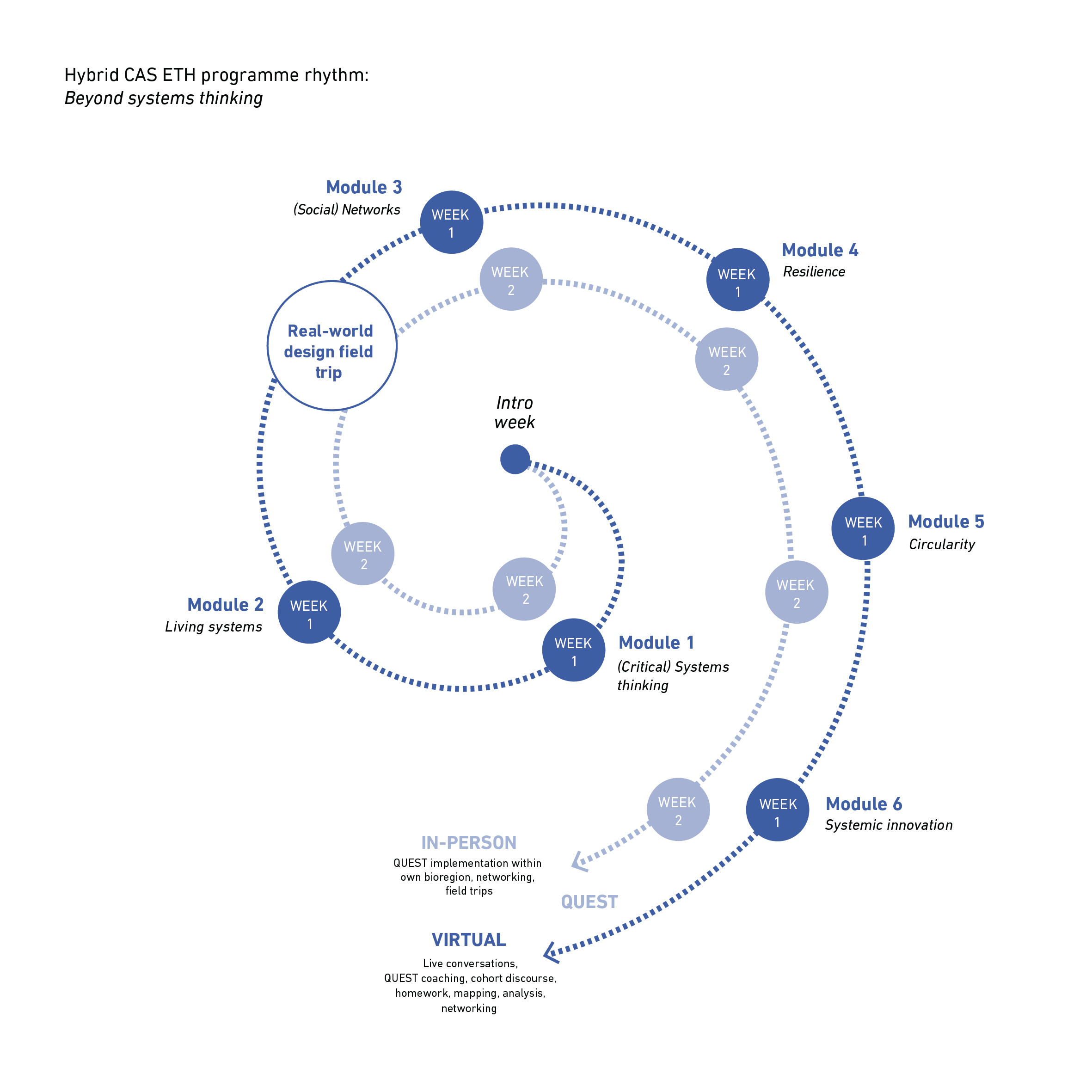
Course modules and themes
Introduction to the program, the learning cohort, your QUEST, the field design trip; recap of MOOC#1;
Module 1: (Critical) Systems thinking
Exploring Systems Thinking; Systems Thinking Culture & literacy; Iceberg model;
Module 2: Living systems
Living systems in evolutionary biology; unpredictability and emergence; leverage points; View from Above methodology; simplifying complexity; living systems labs;
Module 3: (Social) networks
Concepts of network analysis; analyzing and visualizing social networks; social-ecological networks; relational mapping;
Module 4: Resilience
Resilience Heuristics; defining Resilience; operationalizing Resilience; Resilience thinking; mountains as Resilience Antenna; Adaptive Wave framework and Resilient Networks; Inner Resilience & Inner Development Complexity, simplicity, reframing; weaving;
Module 5: Circularity
Framing of circularities; Circularity Gap Report; circularity examples across eight governance scales;
Module 6: Systemic innovation
Navigating Systemic innovation; illustrations from praxis; Tools & practices for Systemic Innovation; post-activism; Serious Gaming; Livings Systems Labs;
A real-world immersion
After a course warm-up with the first three modules’ live conversations with invited experts, and the initiation of each participants’ personal QUEST project as learning navigation spine, we embark on the physical core of the CAS – the in-person field design trip. The whole CAS cohort – maximum size 20 participants – meets for a real-world immersion trip to Venice Lagoon/ Italy and/or Norway (more details coming soon).
Growing together as a professional learning community
From a social side, this in-person gathering is what a virtual and even a conventional classroom setting lacks – enacting complexity, embodying systems, growing together as a professional learning community with deeper connections, maybe even evolving friendships, time to exchange and best equipped for the following virtual collaborative learning period.
The field design trip is the time to connect as a cohort, to meet your peers, to build relations and trust with each other, with the DRRS team, and with further experts. It is our social preparation for the 2nd part of the virtual course, and the peer-learning and mentoring of the QUESTs.
Who are instructors?
We curate a rich and diverse learning community by ETH Zurich and partnering Universities’ faculty, with contributing thought leaders and experts in their fields who walk their talk.
University professors, designers, builders, politicians, mountain guides, consultants, entrepreneurs, architects, visionaries, PhD students – and yourself, as participant, in the form of learning tandems with regionally close colleagues. This overview is a living one and evolves with time. Further contributors join us continuously as the program evolves.
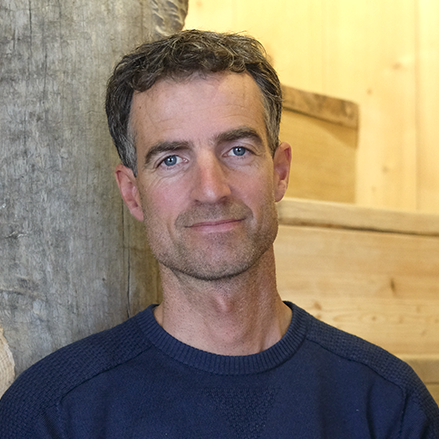
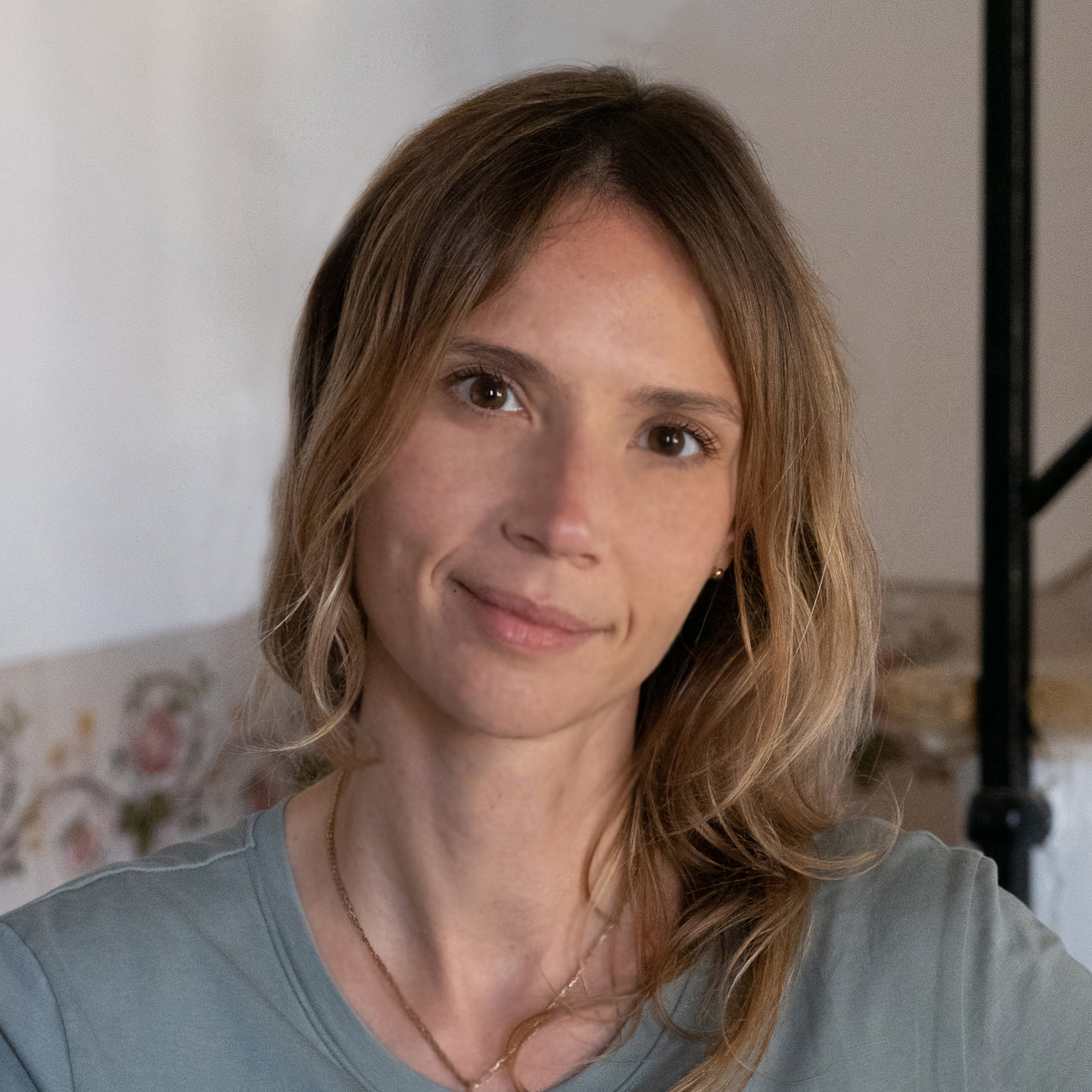
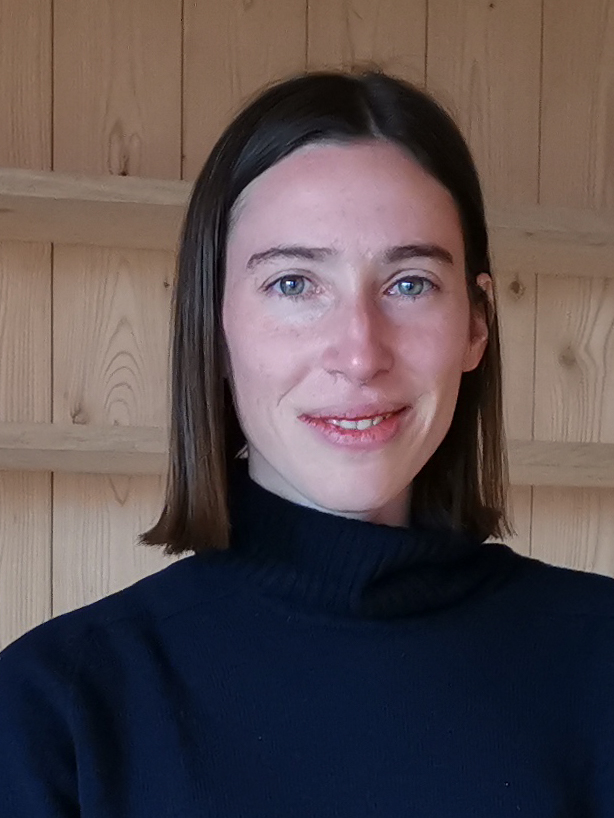
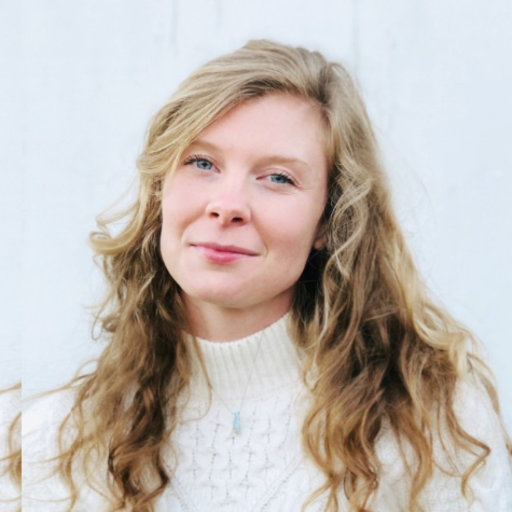
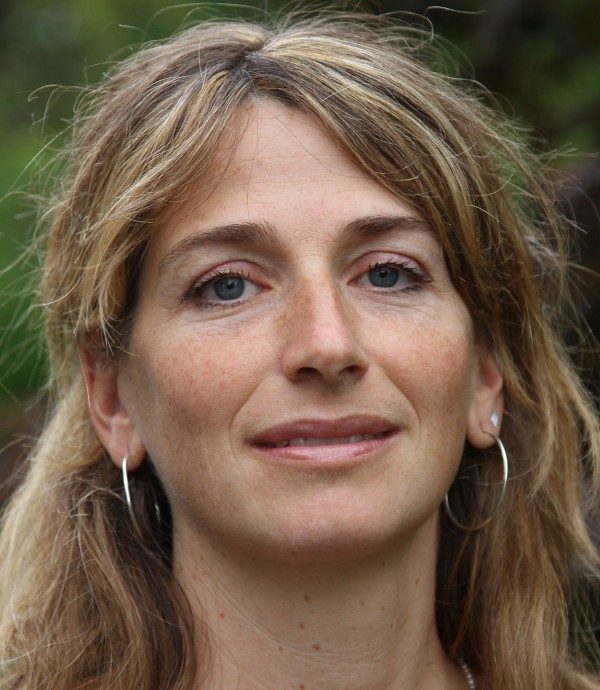
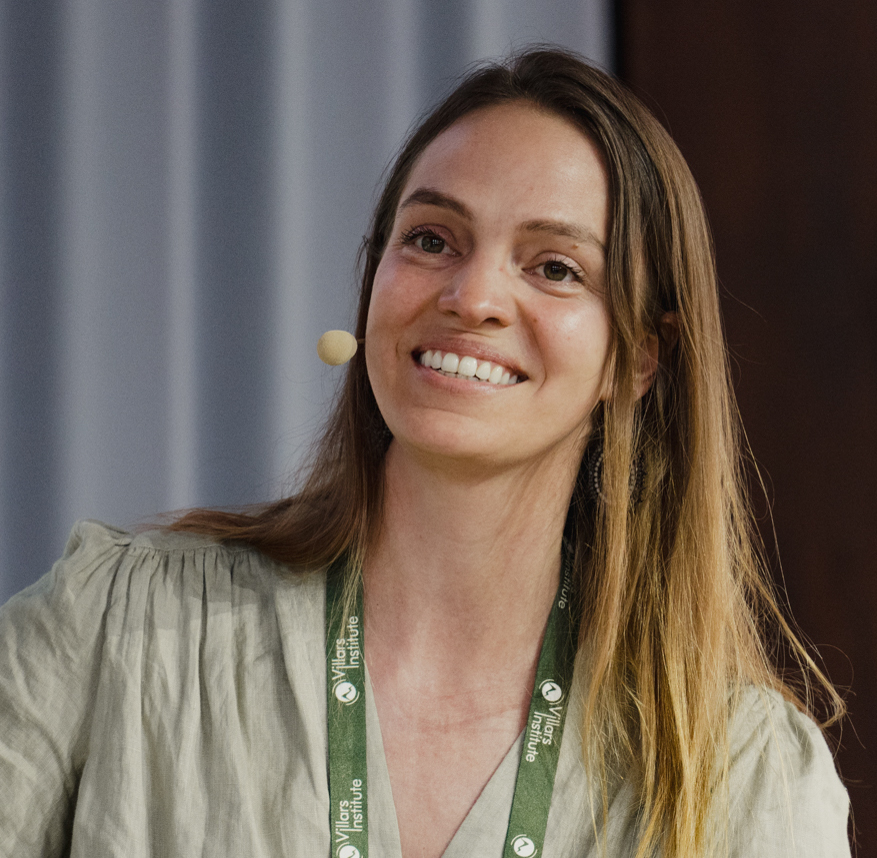
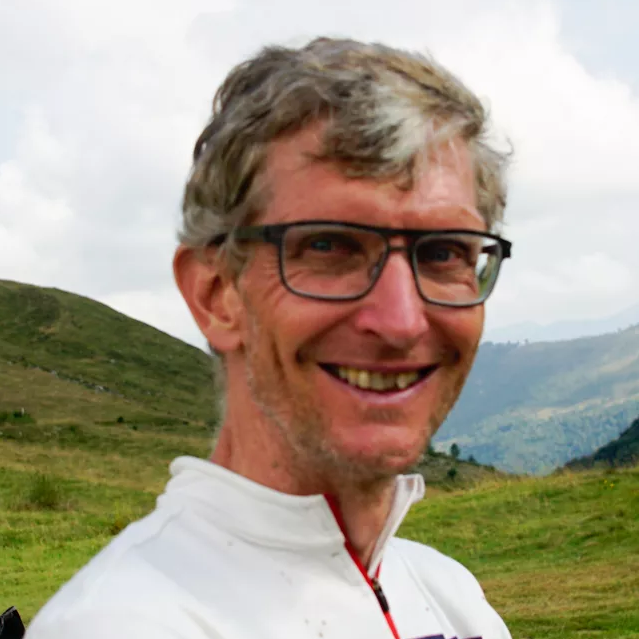
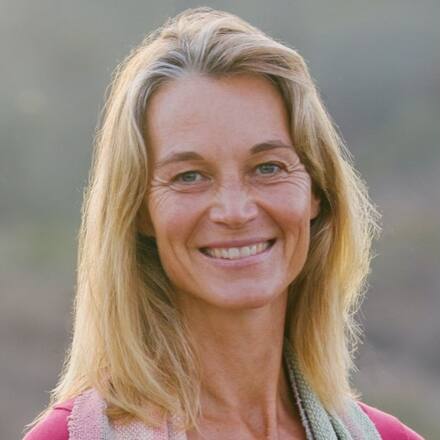
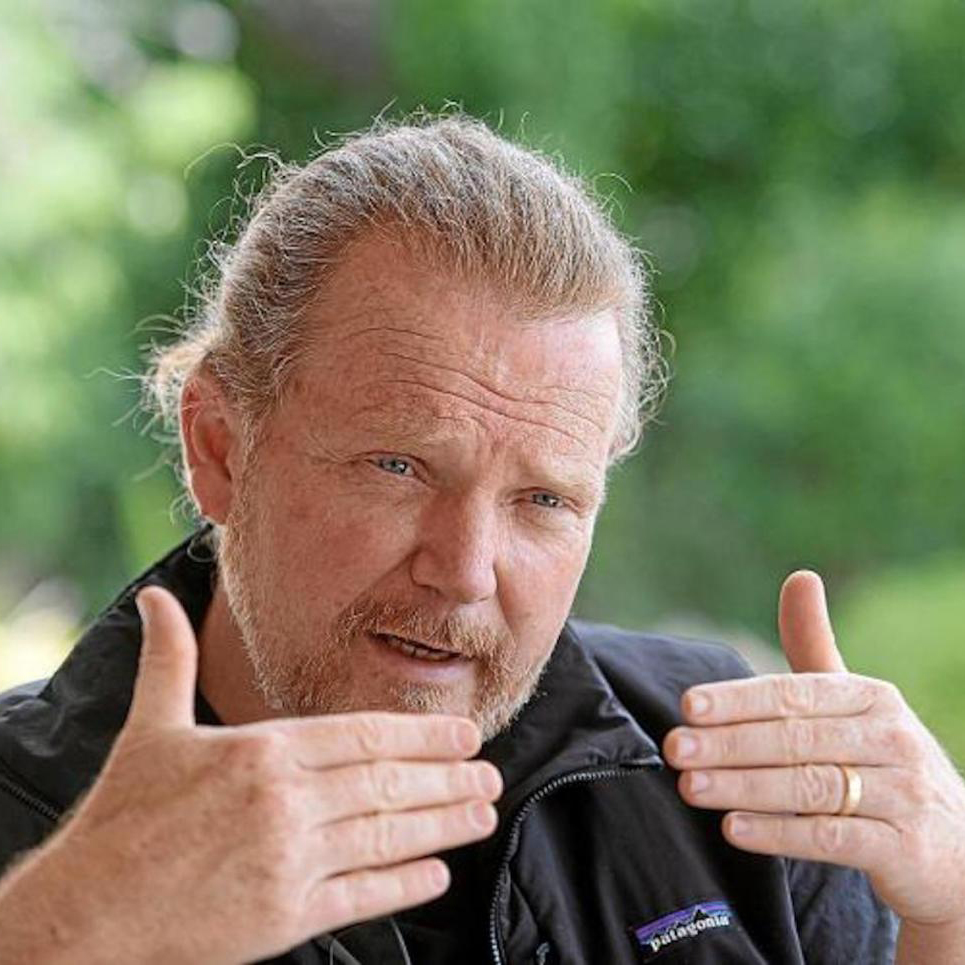
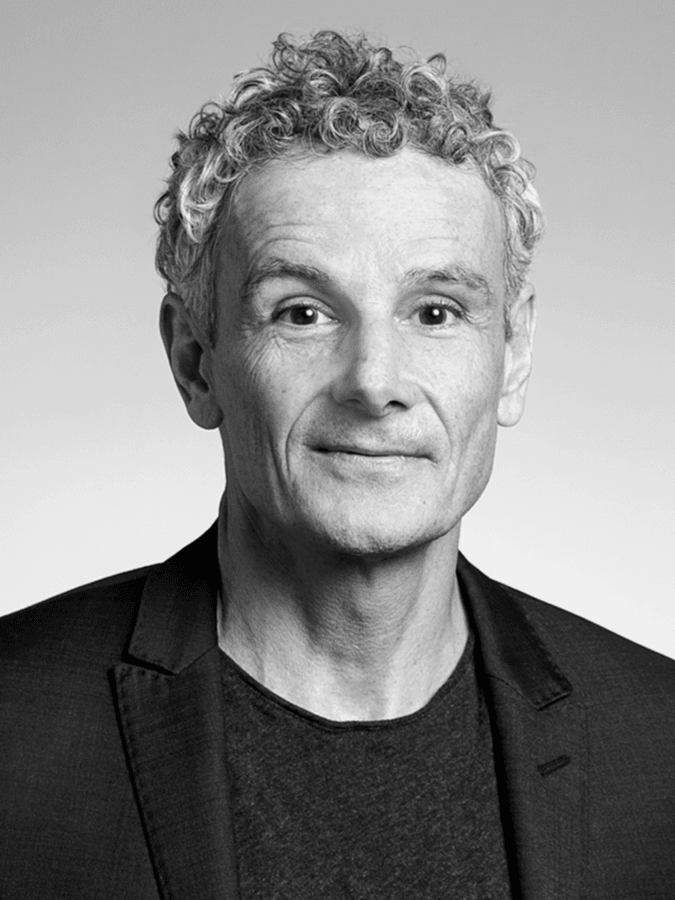
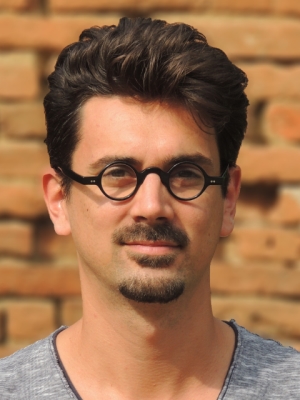
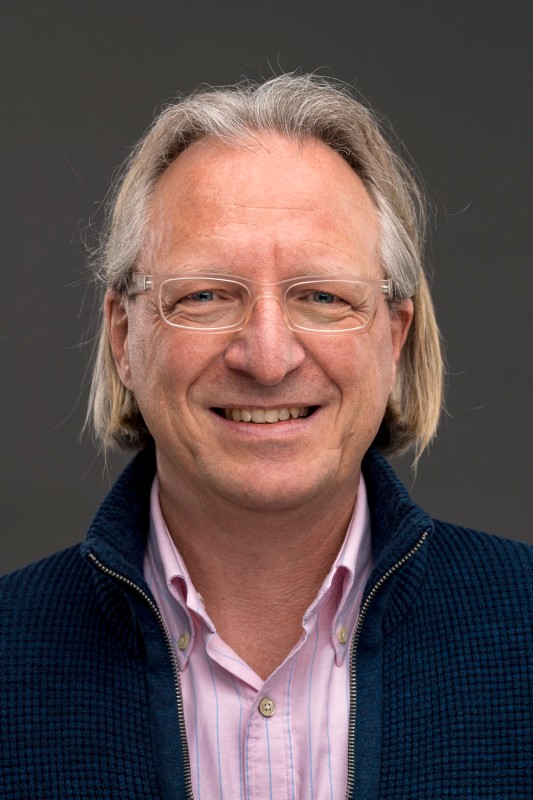
As well as:
The new CAS as part of the planned MAS ETH in Regenerative Systems is specially developed for experienced professionals. How come?
In this new CAS, the theories, methods and illustrations of the established DRRS MOOC#1 are deepened and critically applied to participants’ individual professional experiences and QUESTs – through live dialogues with thought leaders, co-learning in groups, personal mentoring, and real-world immersion.
As an experienced participant in this CAS, you enter your personal learning journey guided by your QUEST – your set of guiding questions related to your specific interest, motivation, drive, and goals – supported and mentored through DRRS staff, external experts, fellow students, and alumni.
This hybrid program between science, design and praxis offers these key benefits to you:
- Update on the latest discourse and sense making in science
Deep-dive into relational scientific discourse for its applicability to transformations towards regeneration. - Become expressive and creative like a designer
By expressing intention through interactions and relationships, you acquire designerly praxis from various design disciplines, and practice creation in uncertainty. - Practically move things forward
We practice regenerative design as part of established real-world laboratories and bio-regional learning centers. Together we share hands-on and rich professional support for your individual QUEST project from different geographies, climates, cultures, topographies, political systems and governance scales. - Befriend uncertainty through personal development
You acquire personal development tools for dealing with uncertainty. You learn to embrace complexity and dance with systems – through embodiment, flow and compassion you build organic emergence. - Weave relations and design for systemic innovation
You practice weaving for leading transformation across scales of governance, applied by weaving practices to your own context. Students become teachers, and teachers become students. - Expand and deepen your professional network and communities
You extend your local, regional and global professional network, and develop strategic and practical impact towards your next professional future. - Get reach – become a teacher to thousands of learners
As a DRRS alumni, you can provide your growing expertise, your QUEST progress, through the Massive Open Online Course (MOOC) series to all learners joining the program, and thus contribute with massive reach. - Be most cost effective to spur change from within
From an employer’s perspective, supporting an employee or even a team of employees to engage in this program is the most effective and cost efficient way to build capacity and design for resilience and regeneration. DRRS supporting your employee’s QUEST to spur change from within your organization is considerably less expensive than hiring external consultants, if the output were ever comparable. - Enjoy a fun learning journey through innovative experiential didactics
Virtual content nudges local, physical, social, outdoor experiential action, such as Systemic Cycles bike riding, Serious Game playing, View from Above flying and hiking, building and soiling, visual dialoguing and mapping. You will be highly inspired and motivated. - Finally – earn your ETH Zurich degree
We place knowledge, experience, output and networks first in the list of benefits. Still, a professional degree certificate by ETH Zurich as a globally leading technical university is a key benefit for your future career path.
“Crises bear potential – we now have the opportunity to fundamentally redesign our societies, our economies, our lifestyles, our human-nature relation.”
Tobias Luthe, DRRS Program Director
Practical information
Please direct general administrative questions (e.g. documents formats, etc.) directly to the School for Continuing Education: info@sce.ethz.ch
For content and community related inquiries please contact us.
Application process & documents
Administratively, the application process will be handled by ETH’s School for Continuing Education (SCE). The SCE will be able to address all technical questions and will organize the admissions and matriculation process.
In CAS#2, participants who must have successfully finished MOOC#2 are now invited to dive further into the themes of the modules, engage in additional content, extend the discourse, and relate the learnings to their individual QUEST. Important to note here is that the shared topical basis will exist through the MOOC to engage more deeply now, extend more critically, focus on specific aspects in relation with developing the QUEST.
Process
Please apply through ETH’s online platform eApply. You will find a manual for the application via eApply here. The application process takes place fully online (incl. payment of the application fee).
Required documents
As part of your application, please be prepared to upload the following documents:
- Certificate or screenshot of results (for non-verified participants) of successfully finishing MOOC#1 and MOOC#2 (the latter should at least have been started at the time of application).
- Written essay with graphical elements: reflect about your personal QUEST in the context of this study programme
- Copy of diploma certificate and transcript (of records) of the highest or most relevant degree. Important: If not in German/French/Italian/English, then in original language and with certified German/French/Italian or English translation
- Copy of passport or identity card: Scan of your passport valid for at least 6 months: only page with photo, name, date of birth, expiry date. CH/EU/EFTA citizens can also upload a copy of their valid identity card (front and back) if no passport is available
- Completed and signed consent form
For an overview on the application process including contact information please visit this website of the School for Continuing Education.
For a private person, the personal benefits of this program are clear – from personal development to being updated on the latest state of science to design tools and methods, to professional networks, an ETH degree and a concrete QUEST project implemented. One could not invest better in oneself, especially in times of nested crises.
For an employer, financing an employee this DRRS program is the most cost efficient and effective way to develop and integrate resilience and regeneration inhouse into the organization – leading to transformative impact from day one on. Groups and teams may apply with a group QUEST. We support interested candidates to find financial support from their employers or other institutions. Program payments are due by October 2023.
